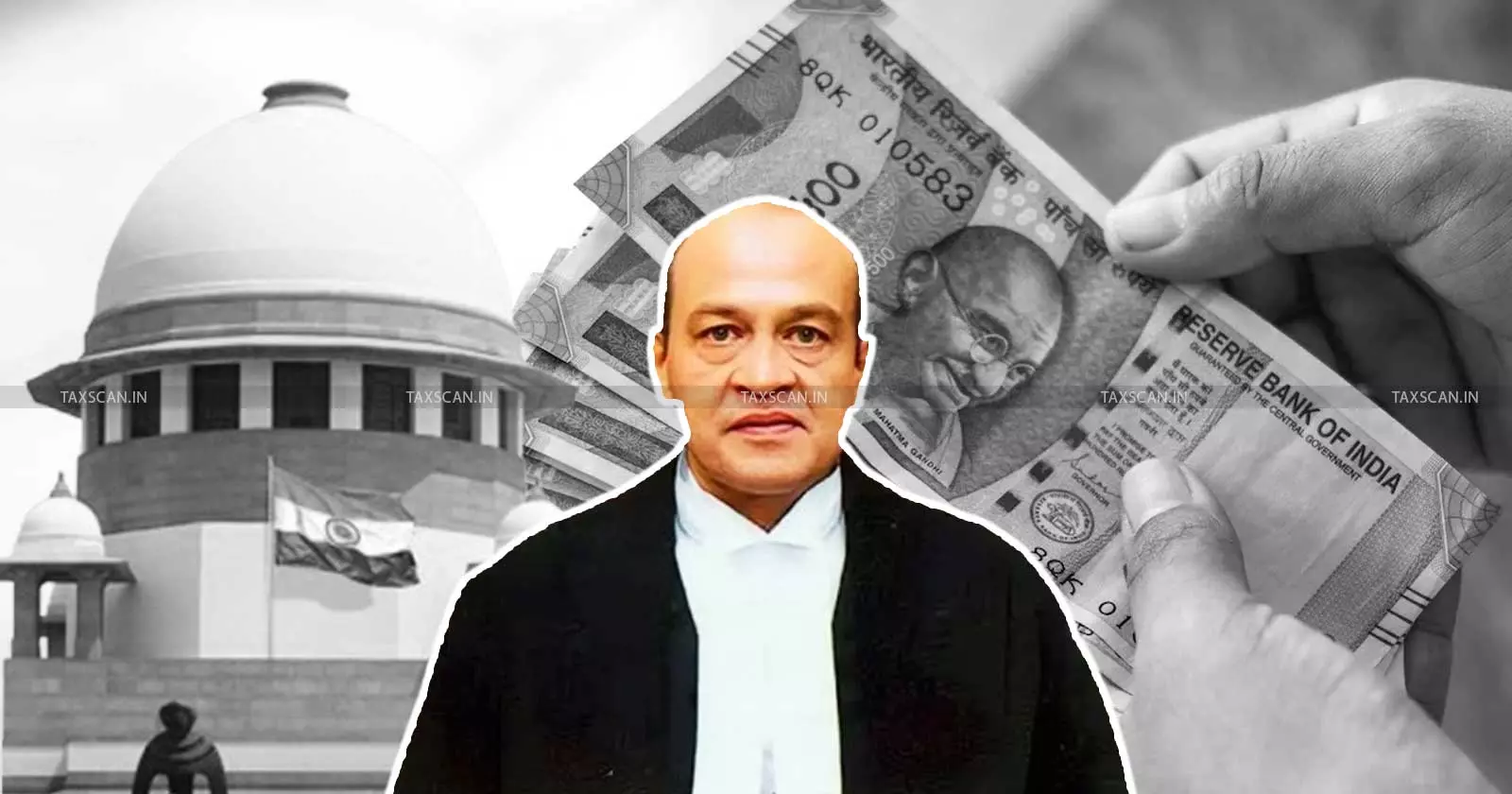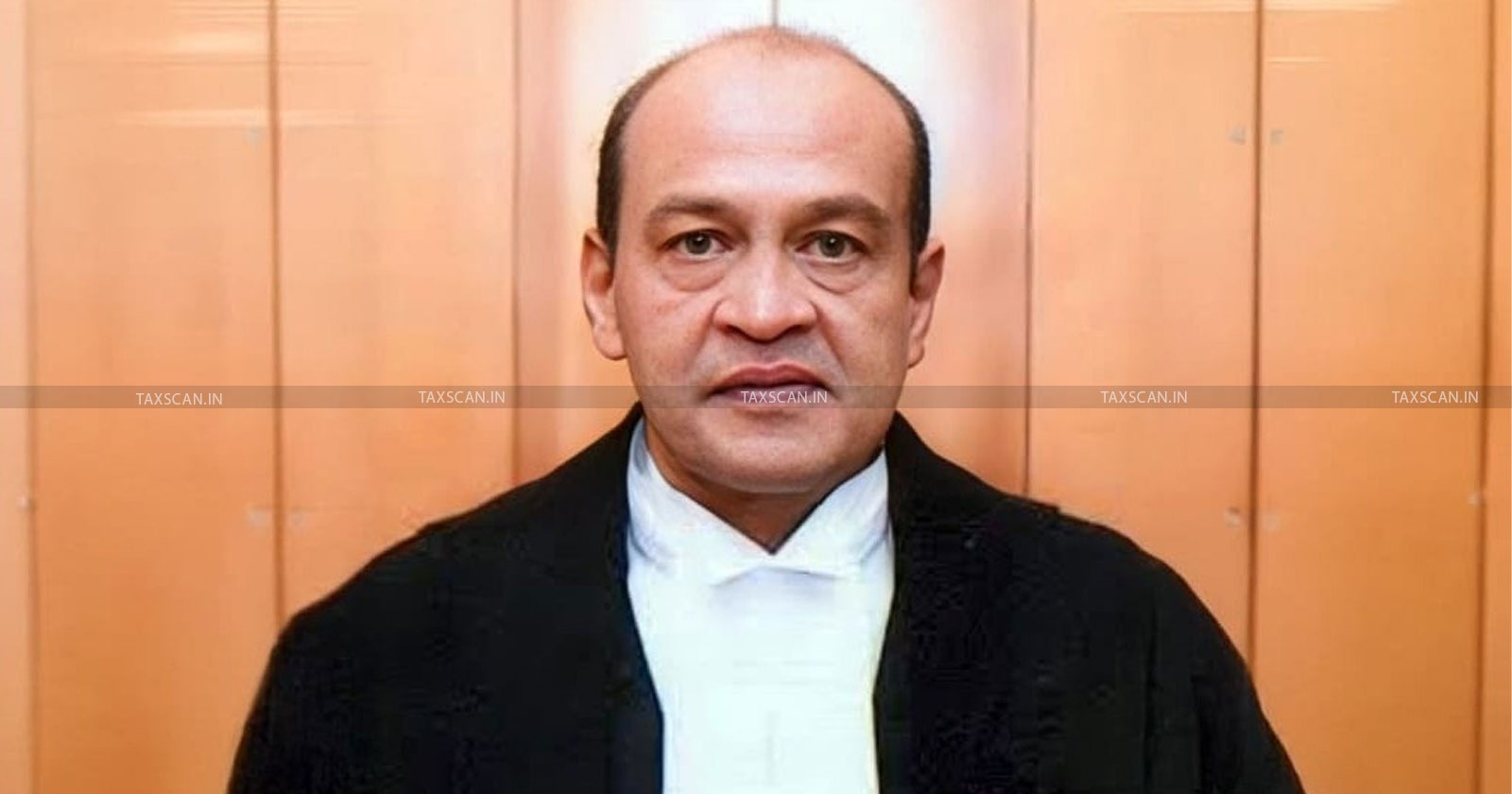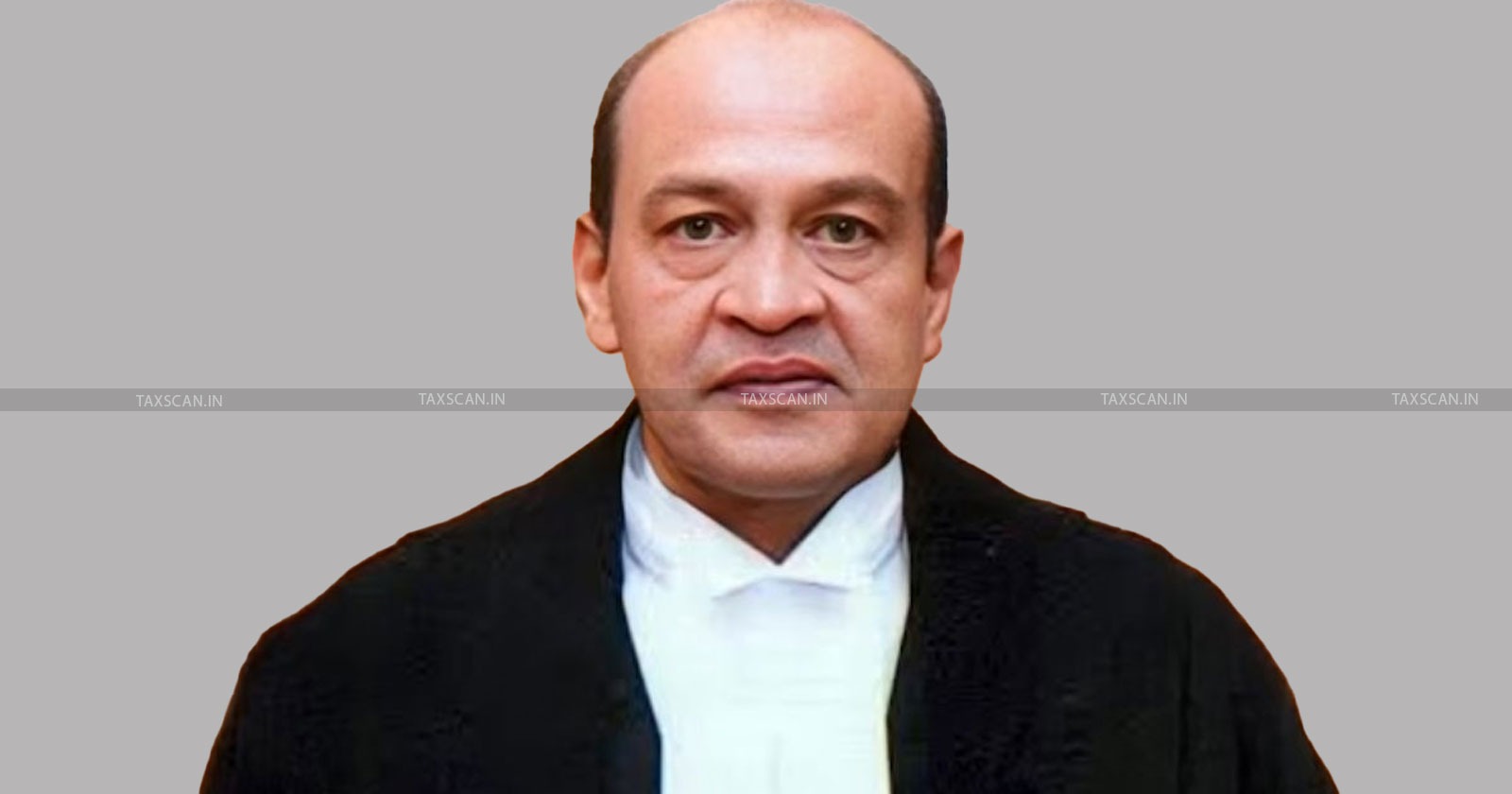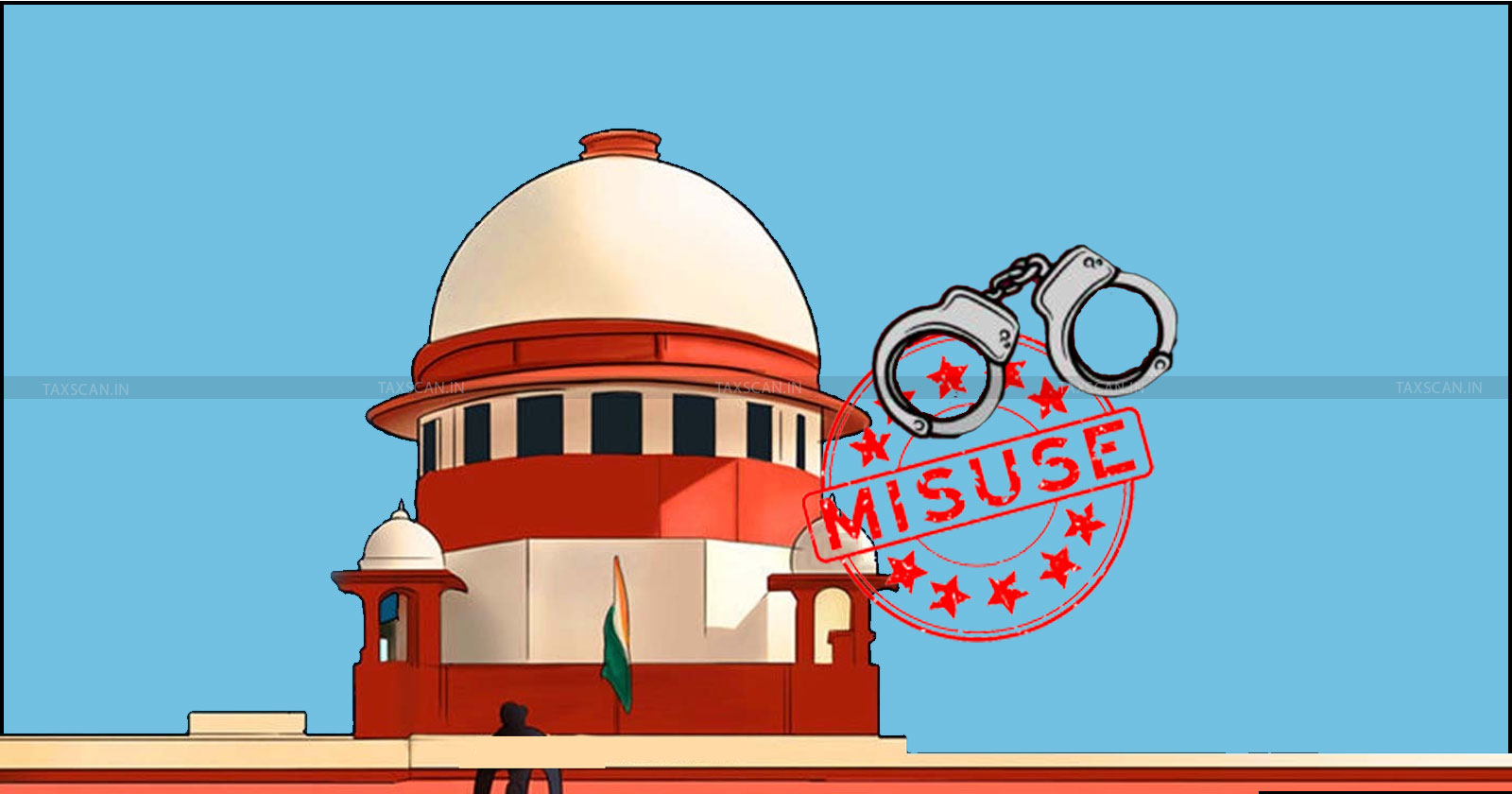Justice Yashwant Varma to Supreme Court! Moves against Impeachment Proceedings Following Cash Seizure Row
While the fire and the unaccounted cash fiasco occurred in late March, Justice Yashwant Varma’s case is yet to reach finality

Justice Yashwant Varma, currently serving as a judge of the Allahabad High Court has approached the Supreme Court challenging the findings and process of an internal judicial inquiry that recommended his removal following the controversial discovery of unaccounted cash at his official residence earlier this year following a fire.
The matter, which first came to light in March 2025 still continues to generate intense debate from all quarters, especially since Justice Varma is currently discharging judicial functions at the Allahabad High Court even as impeachment proceedings loom in Parliament.
Join the SEZ Experts – Unlock Growth & Tax Benefits Like a Pro! Click here
 Also Read:The Fire Still Burns: Bombay Lawyers Association seeks Permission from CJI to Prosecute J. Yashwant Varma in Unaccounted Cash Fiasco
Also Read:The Fire Still Burns: Bombay Lawyers Association seeks Permission from CJI to Prosecute J. Yashwant Varma in Unaccounted Cash Fiasco
The controversy began after a fire broke out at Justice Varma’s official residence in Delhi on the night of March 14, 2025 with the fire force allegedly having discovered charred bundles of cash in a storeroom within Justice Varma’s residence.
The media picked up on it almost instantly, with the incident being quickly reported up the judicial and political hierarchy. Delhi Police Commissioner Sanjay Arora informed Union Home Minister Amit Shah and subsequently the then Chief Justice of Delhi High Court, D.K. Upadhyaya called for a deeper probe into the matter, also on the advice of then Chief Justice of India, Sanjiv Khanna.
A committee comprising Justices Sheel Nagu, G.S. Sandhawalia, and Anu Sivaraman were formed to investigate the matter. The Committee concluded that, while there was no direct evidence linking Justice Varma to the cash, “strong inferential evidence” indicated his covert or active control over it. The panel’s report, submitted in May, ultimately recommended his removal from office.
 Also Read:Supreme Court Rejects FIR Plea Against Justice Yashwant Varma, Backs Ongoing Internal Probe
Also Read:Supreme Court Rejects FIR Plea Against Justice Yashwant Varma, Backs Ongoing Internal Probe
However, Justice Varma does not look to be dodging the allegations, having initiated a writ petition before the Supreme Court. In his petition, Justice Varma asserts that the in-house inquiry process is an extra-constitutional mechanism that violates the exclusive authority of Parliament under Articles 124 and 218 of the Constitution to remove judges.
The arguments have been raised in terms of the provisions of the Judges (Inquiry) Act, 1968 which provides the only constitutionally sanctioned route for judicial removal. The mechanism consists of robust safeguards such as formal charges, cross-examination and proof beyond reasonable doubt - none of which were claimed to have been followed by the in-house panel.
Justice Varma claims that the inquiry committee relied on mere presumptions and denied him adequate opportunity to defend himself, failing to even seize the cash or produce a panchnama and disregarded his explanation regarding the incident.
While the issue was initially confined to judicial circles, the latest news indicates that the government, supported by sections of the Opposition, is preparing to move an impeachment motion in the upcoming Monsoon Session of Parliament.
Meanwhile, questions have been raised about the legal validity of the in-house inquiry process itself, with Vice President Jagdeep Dhankhar publicly describing it as “inconsequential” and noting the absence of formal criminal investigation.
As the Supreme Court prepares to hear the matter, the case is set to have far-reaching consequences for the accountability and autonomy of the higher judiciary, because after all - everyone is equal in the eyes of the law. Aren’t they?
Support our journalism by subscribing to Taxscan premium. Follow us on Telegram for quick updates



